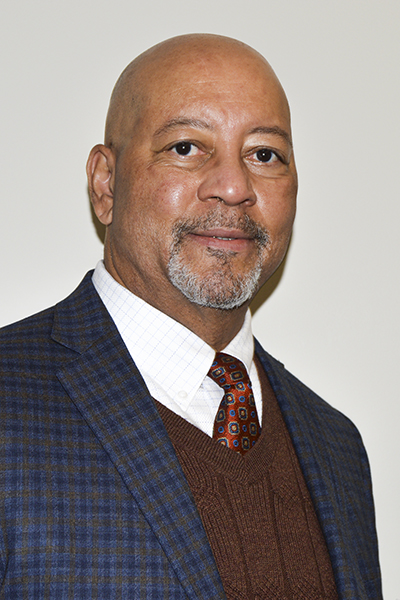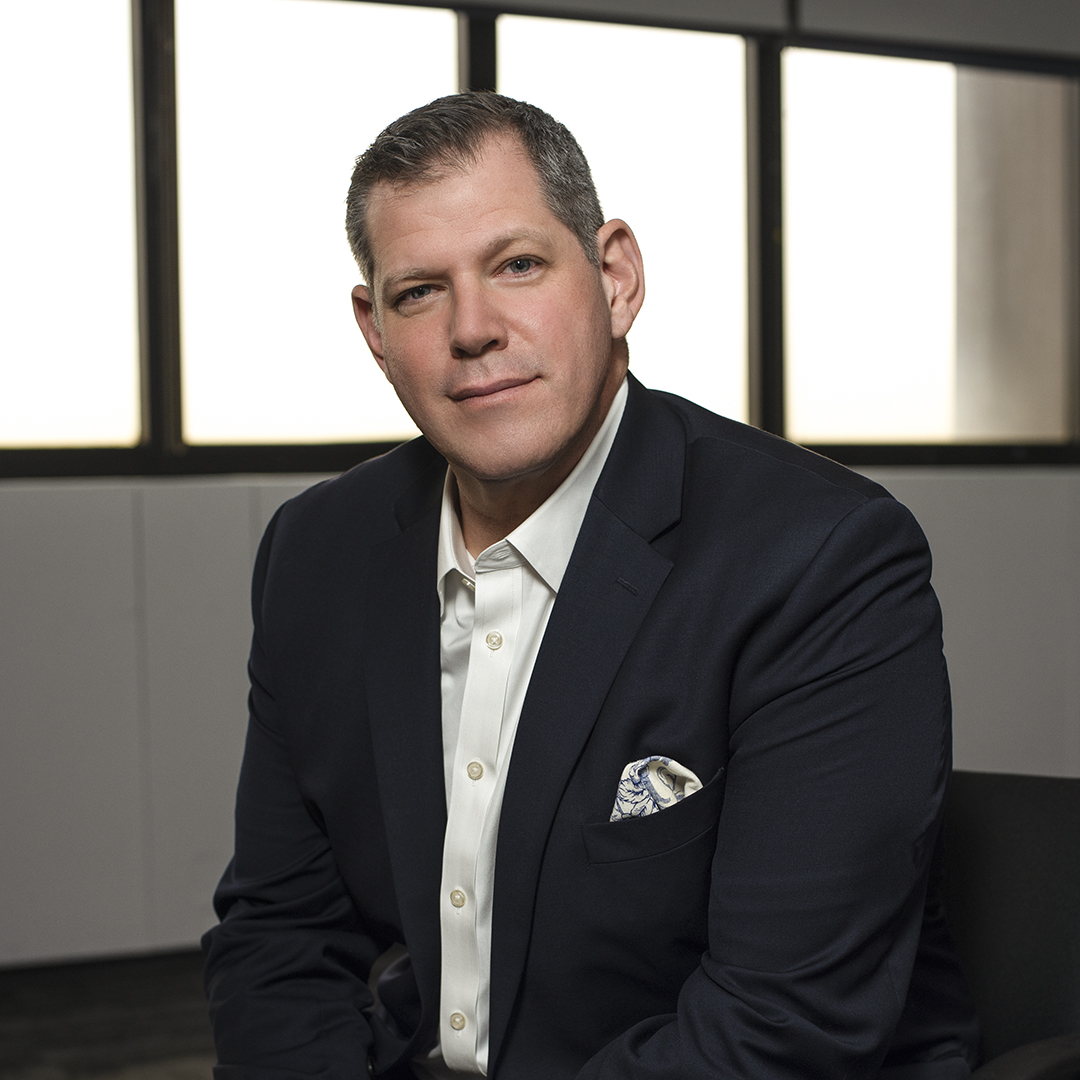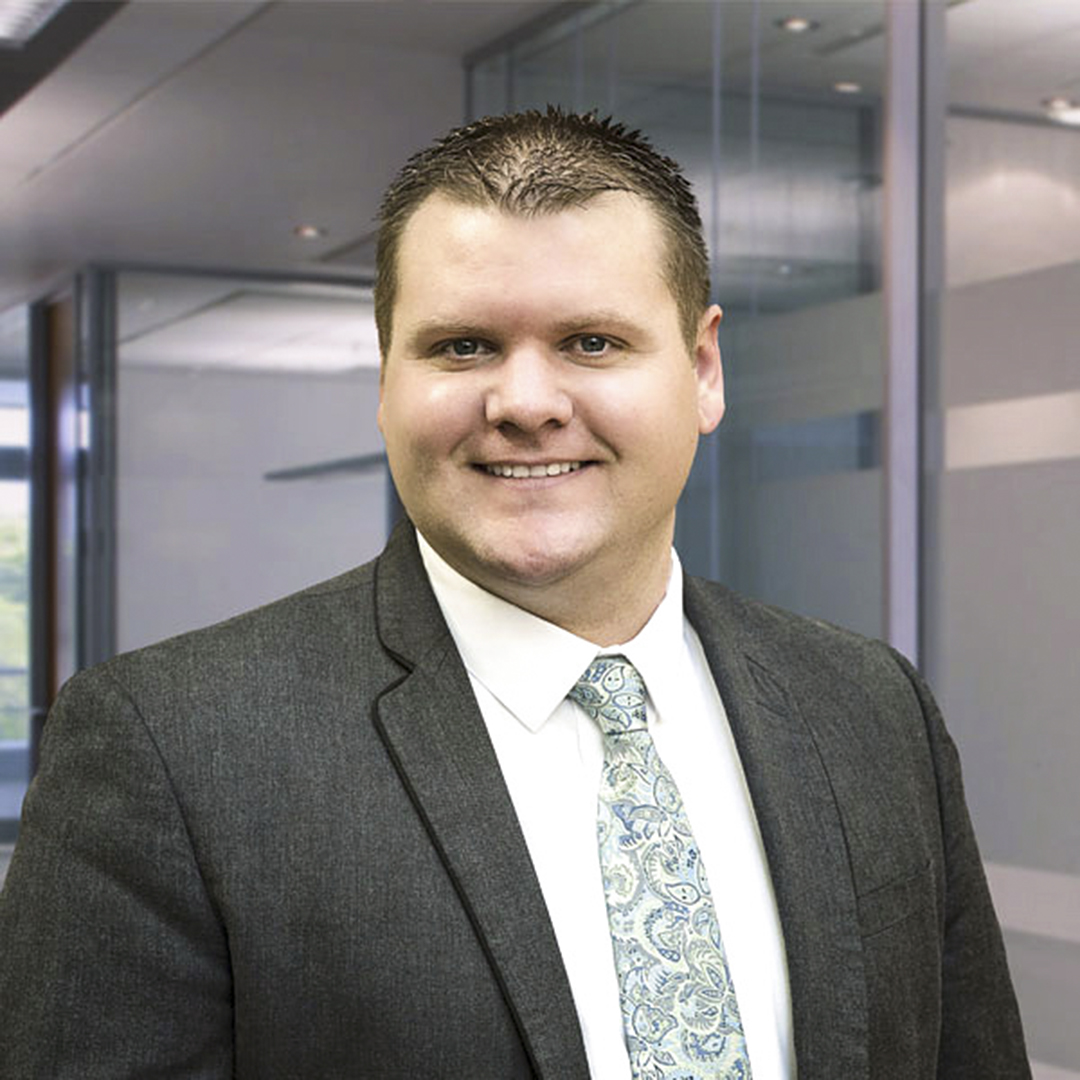Gerry Baker always had an interest in healthcare and, during his early years in education, thought he would be a pediatrician one day. As he moved through college, he embarked on a more business-oriented path, though he never lost his interest in the healthcare field.
“I took a health occupations class in high school and actually started my career right out of high school as a nurse’s aide,” he recounts. “While attending college, I realized that chemistry and microbiology were not my forte, so I majored in business. Despite this, I continued to work in healthcare as a unit tech while in college.”
Over time, Baker has become a trusted healthcare executive thanks to his revenue cycle management skills, which have proven to drive results in turning around operational challenges, decreasing investment in accounts receivable, and improving cash flow in profit and nonprofit entities.
Today, he works as senior vice president of revenue cycle for Dallas-based Parkland Health and Hospital System (PHHS), responsible for patient access, health information management (HIM), revenue integrity, billing, customer service, and collections and managed care contracting functions.

“I was interested in joining PHHS because I believed in its mission, which is to ‘serve the underserved,’” Baker explains. “I thought that I could make a difference and improve the overall quality of care of the underserved in Dallas County.”
Baker has eight directors and one vice president reporting to him, and together, his team manages more than seven hundred employees.
“My leadership philosophy is to hire competent professionals and allow them to do their jobs and manage them based on their strengths and abilities,” Baker shares. “I ensure that my team subscribes by holding everyone accountable and being transparent with expectations, while building trust directly with them and facilitating trust among their peers.”
While he’s been working for PHHS since November of 2017, Baker has more than twenty-five years of experience in revenue cycle management consulting to hospitals, physician practices, ambulatory care centers, and other healthcare clients.
“My experiences at all of my previous jobs—including while I was self-employed for eleven years— prepared me for the role I have today,” he says. “At Ernst & Young, the experience of working with many types of hospital and physician practices and having exposure to various complex business problems was invaluable.”
Meanwhile, his work as a consultant allowed Baker to hone his skills at identifying and recommending solutions to solve problems that he would not have otherwise encountered by being with just one organization.
Prior to joining PHHS, Baker completed one last assignment, lasting eighteen months, as an independent consultant at a safety net public hospital in California. He believes that this experience fully prepared him for the role he has today, as the two institutions are very similar in size and scope and see some of the same challenges.
“Throughout my career, I’ve been focused on process improvement and gaining knowledge on best practices,” Baker notes. “I’ve had the opportunity to see what works for different types of organizations and what doesn’t work. But I’ve learned that one of the most critical aspects is people management and that if you get people to trust you, anything can be accomplished.”
That’s certainly been the case as Baker has had to lead Parkland Health’s revenue cycle function through this last complex year. On top of navigating a pandemic, he and his team launched an initiative to enhance billing software to improve patient care and overall quality.
“I’ve learned that one of the most critical aspects [to improving processes] is people management and that if you get people to trust you, anything can be accomplished.”
He explains that Parkland, some years back, had combined its professional and hospital billing into one system, which was originally designed to handle hospital billing only.
“They had highly customized the application to handle the professional billing,” Baker says. “This created a major problem with being able to track RVUs and revenue at the provider level. When we realized that we were lacking this ability to truly track provider productivity at the granular level, out of this came the need to implement the enhancement: [EPICs Professional Billing Module].”
This system was implemented over a year’s period with the help of the external EPIC team and the internal IT resources. The implementation was completed in late 2020.
“This new program will give us insight into provider productivity and enhance our ability to capture revenue metrics by individual provider,” Baker explains. “In the future, this information may enable us to look at different ways to model how our employed providers are compensated.”
Obviously, 2020 presented many challenges. Baker says his key to leading through the complex year was staying focused on the end result, which, in addition to completing the EPIC implementation, was improving PHHS’s denials management program. With the goal of managing the claim denial process in the most efficient, holistic, and systemic way, Parkland turned to Change Healthcare’s revenue cycle technology and services to assist with both professional and hospital claim denials.
“Our RCM technology and exception-based workflows help Parkland accelerate clean claims and optimize reimbursement,” says Nicholas Raup, associate vice president of product management at Change Healthcare. “Working alongside Gerry and his team has been a true partnership. We are heavily focused on enhancing workflows, creating insights, and identifying best practice processes for denial prevention and resolution.”
“Through all of the challenges, we still were able to finish the year ahead of our cash goals, which is a big win,” Baker enthuses. “Other keys to leading through this complex year included taking advantage of government reimbursement programs that were born out of the PHE, monitoring productivity levels of remote staff—90 percent were working from home—and celebrating little wins along the way.”
In 2021, Baker hopes to continue to build the revenue cycle function at Parkland into a world-class operation, to enhance the healthcare system’s clinical documentation improvement program, and to improve revenue generation.
“As for my career, I hope to leave a legacy here at Parkland,” Baker shares, “that I, in fact, made a difference on the organization.”


